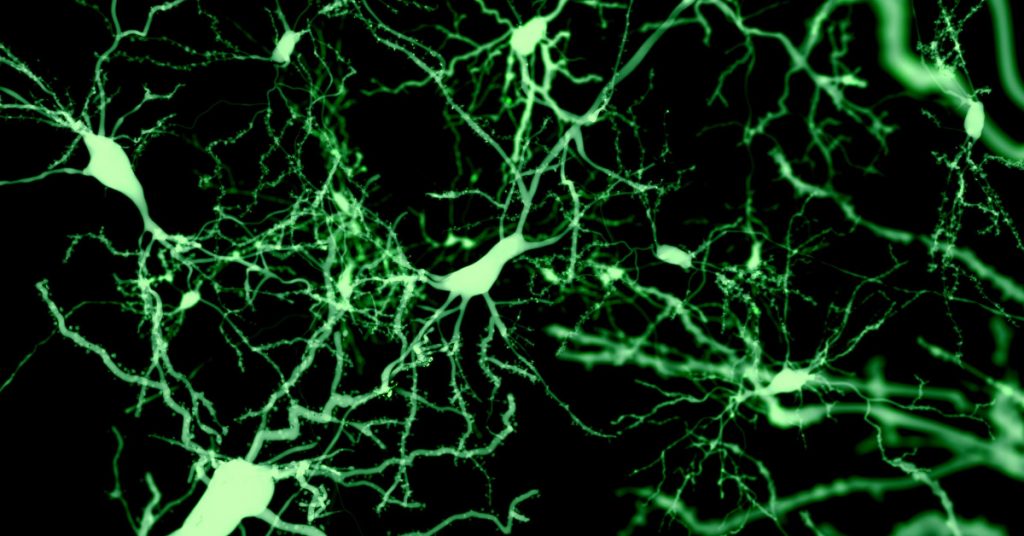With autism spectrum disorder (ASD) affecting between 1-2% of the population and affecting all racial, ethnic, and socioeconomic groups, the condition is becoming of global importance. While the pharma industry has not yet been able to deliver a solution for this disease, the cell therapy industry is now undertaking the challenge.
Stem Cell Medicine Ltd. (SCM)
Founded in 2010, Stem Cell Medicine (SCM) is a biotechnology company that develops cutting-edge cell therapy products as stand-alone treatments or in combination with drugs, with a focus on neurological conditions.
Stem Cell Medicine was founded by Ehud Marom, a stem cell pioneer whose professional career has centered on building innovative companies. To most, Mr. Marom is best known for his involvement as CEO of Gamida Cell, where he directed the development of Gamida Cell’s flagship product from the pre-clinical stage through the beginning of Phase II trials.
Human MSC-Derived Exosomes May Improve Autistic-like Symptoms
At the recent ISEV2019 Annual Meeting held April 24-28, 2019, in Kyoto, Japan, Stem Cell Medicine presented the results of its study of proprietary MSC-derived exosomes for the treatment of autistic disorders. A poster presentation titled, “Exosomes Derived from Human Mesenchymal Stem Cells Ameliorates Autistic-like Behaviors in BTBR and Shank3 Mice Models of Autism” was presented, as well as an oral presentation titled, “Mesenchymal Stem Cells-Derived Exosomes Present Natural Migration and Homing Abilities to Specific Neuropathological Areas.”
Because the rate of autism spectrum disorders (ASD) has been increasing in recent years, Stem Cell Medicine is focusing on this critical neurological indication. With the company’s facilities including state-of-the-art R&D labs paired as well as GMP production cleanrooms, it controls a manufacturing environment that is optimized for the development of products “up to and including clinical trials.”
Ehud Marom, the Chairman of Stem Cell Medicine states:
“Exosomes technology is a promising approach for treating a number of neurological indications, among them autism. SCM is preparing for its first clinical trial this year, which will target autism. The company is also considering a second indication in which the exosomes will serve as delivery systems for drugs, leveraging their ability to penetrate the blood brain barrier (BBB). SCM’s technology and GMP facility enables an accelerated pathway for these treatments to reach the market. SCM is currently raising $30 million to expedite these programs and expand its manufacturing capacity following a recent grant from the Government of Israel.”
Exosomes as an Approach to Treating Autism-Like Behaviors
Exosomes are small vesicles ranging from 30-100nm in size that are found in nearly all eukaryotic fluids and facilitate a range of important cellular functions. They transfer DNA, RNA, and proteins to other cells, thereby altering the function of the target cells. Although exosomes were discovered more than 30 years ago, it was not until recently that the scientific community began to give credit to exosomes for their potential therapeutic effects.
Exosome-related technologies have been developing rapidly over the past few years and substantial growth is expected for the market as they get integrated into the fields of liquid biopsy, precision medicine and regenerative medicine. In particular, cancer derived exosomes influence the invasive potential of cells by regulating angiogenesis, metastasis, and immunity, making them an extremely useful source of biomarkers for use in cancer detection, diagnosis, and therapeutic selection.
While exosomes derived from multiple stem cell types are being explored, mesenchymal stem cell (MSC) derived exosomes are best represented within the scientific literature and global patent activity.
Manufacture of Stem Cell Exosomes
In recent years, approaches for the clinical-grade manufacture of stem cell exosomes has become a focal point within the cell therapy industry. For example, RoosterBio and Exopharm entered a manufacturing partnership in August 2017. Australian company VivaZome Therapeutics was also awarded a grant of $2.18M by the Australian government to support an exosome manufacturing project. Additionally, Lonza acquired HansaBioMed Life Sciences and invested into Exosomics, revealing its interest in this area.
Now, Stem Cell Medicine represents the newest market competitor specializing in the manufacture of MSC-derived exosomes.
Its exosomes are manufactured at its GMP-approved MSC production facility in Jerusalem, Israel. Specifically, these exosomes are separated and purified in a process using several cycles of ultracentrifugation and have characteristics that are in-line with the recommended guideline published by ISEV in 2018.
